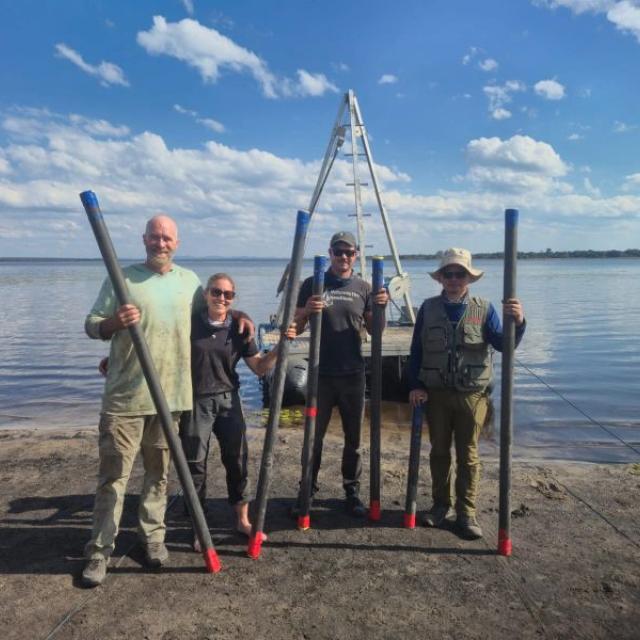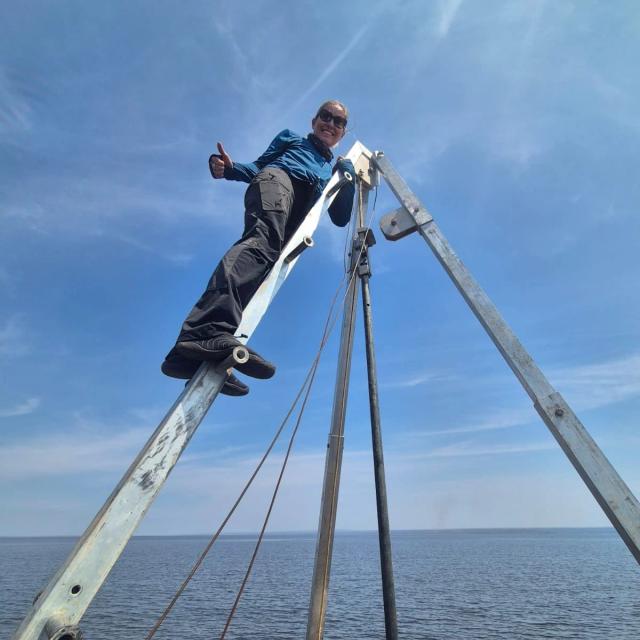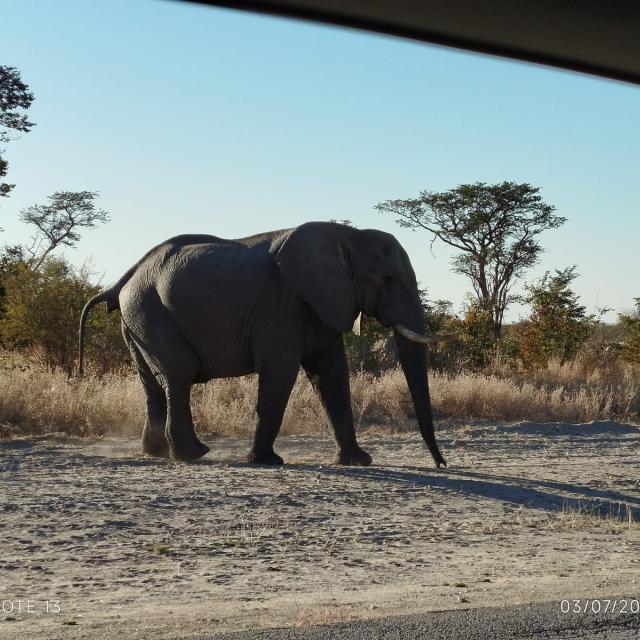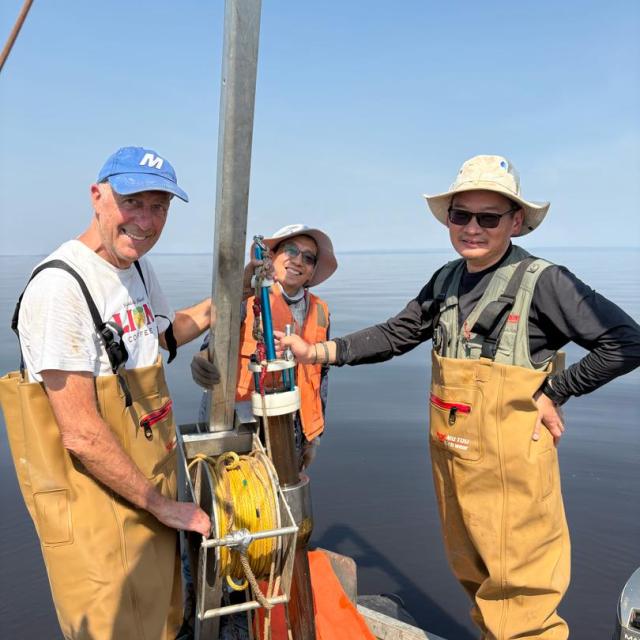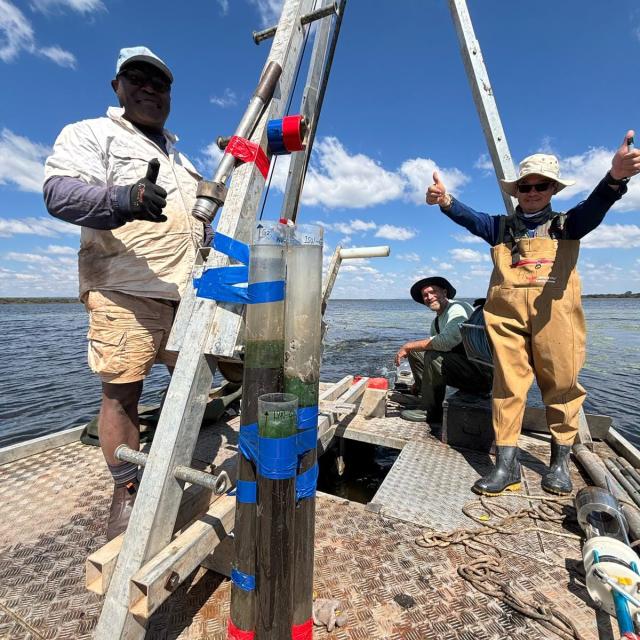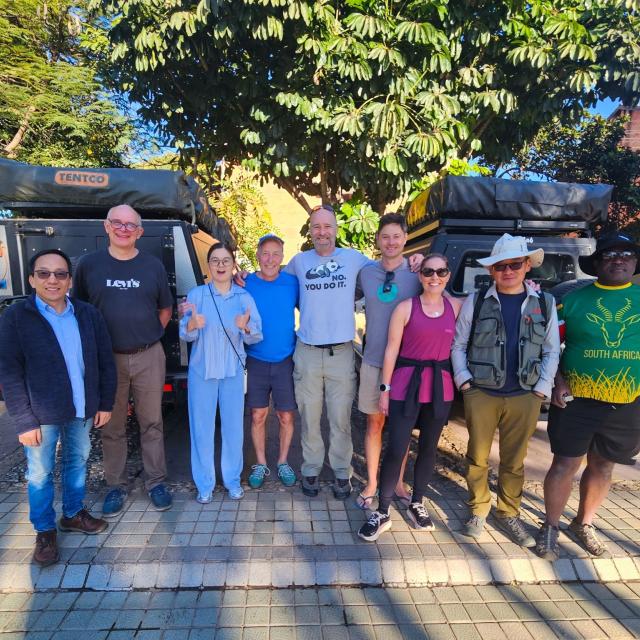Unlocking Climate Secrets from Northern Zambia: Fieldwork Campaign 30 June – 24 July 2025
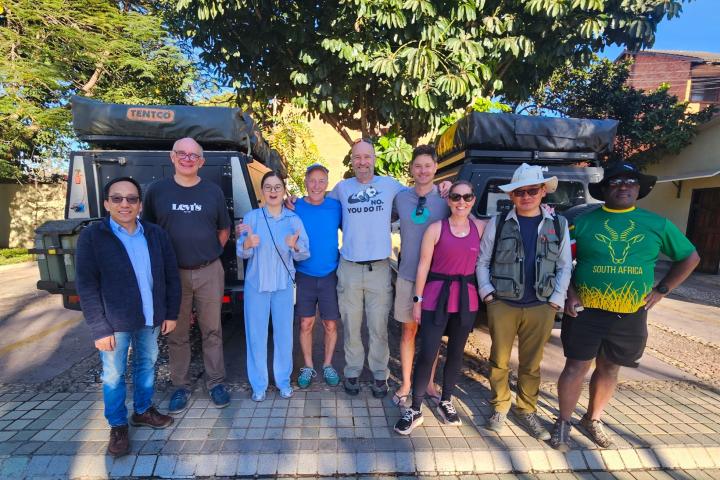
From 30 June to 24 July 2025, an international research team undertook an ambitious palaeoclimate field campaign in northern Zambia, targeting a region of exceptional scientific significance. Situated at a key intersection in the African climate system, northern Zambia offers crucial insights into the long-term dynamics of the African Monsoon and its influence on southern Africa’s environmental history.
The project is led by Professor Michael Meadows as the Principal Investigator, with funding generously provided by Nanjing University.
A Landmark Site: Shiwa N’gandu
The team’s primary field site, Shiwa N’gandu, proved both challenging and rewarding. Over the course of the expedition, many metres of lake sediment were recovered using multiple coring systems—each designed to capture different aspects of the sedimentary record. Despite the extensive logistical and environmental challenges, the recovery of these cores marks a major success for the project.
These sediments, which have accumulated over millennia, will serve as the foundation for a series of high-resolution analyses aimed at reconstructing past climate variability and understanding the mechanisms driving change across the African continent.
International Collaboration in Action
The fieldwork was a truly collaborative effort, bringing together expertise from institutions across Africa, Europe, and Asia:
-
Dr Lynne Quick – Nelson Mandela University (NMU)
-
Prof Mike Meadows & Ms Jinglin Hou – Nanjing University
-
Mr Sayed Hess – University of Cape Town (UCT)
-
Dr Brian Chase – CNRS / University of Montpellier
-
Prof Arnoud Boom – University of Leicester
-
Prof Marc Humphries – University of the Witwatersrand
-
Prof Juzhi Hou – Institute of Tibetan Plateau Research, Chinese Academy of Sciences (ITPCAS)
-
Prof Zhang Ke – Nanjing University / National University of Singapore (NUS)
This diverse team reflects the inherently global nature of climate science—where multiple perspectives and skillsets converge to tackle some of the planet’s most pressing environmental questions.
"These sediments are like a time machine—taking us back through Africa’s climate story."
Looking Ahead
While the field phase of the project has concluded, the scientific journey is only just beginning. Laboratory analyses of the cores will soon commence, employing a range of geochemical, sedimentological, and palaeoecological techniques. The findings will help clarify past shifts in rainfall patterns, temperature regimes, and ecosystem responses—knowledge that can inform predictions for Africa’s climate future.
This expedition stands as a testament to what can be achieved through careful planning, strong teamwork, and a shared commitment to understanding our planet’s past to better prepare for its future.

